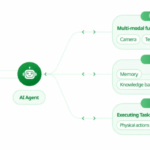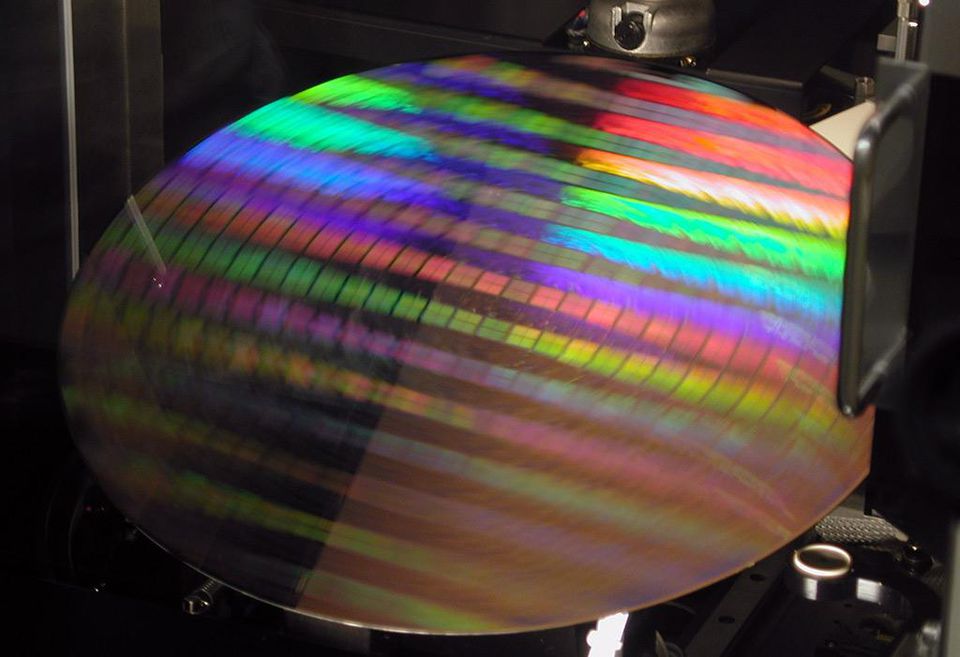
The role of information technology in manufacturing cannot be overlooked. Manufacturing companies are finding more efficient ways to operate as a result of IT. Companies that have successfully integrated IT techniques like PLCs into their infrastructure realize a dramatic increase in their revenues. With the relentless pace of automation that is transforming every area of human endeavor, there is no reason for any manufacturing company not to invest in Programmable Logical Controllers. To achieve this objective, it is advisable to work with reputable P L C programmers who will employ their expertise to put together a tamper-proof PLC system.
Components that make a PLC work
For any IT network or system to be able to function, different components must come into play. The same case is true for a PLC, which comprises different components. A P L C integration company can be useful in coordinating the following components;
- The power supply and rack-The main function of the rack are to hold everything within the PLC together. There is no standard size for a rack; they come in different sizes depending on the specific needs of a control system. Most common power supplies are known to work with either 24 VDC sources or 120 VAC sources.
- The central processing unit-To put it in simple terms, the central processing unit could well be termed as the brain component of a PLC. The actual location of this module is in the slot beside the power supply. For a CPU to be complete, it must have a memory, microprocessor, chip, and other circuits which help in logic control, communications and monitoring.
- The Input/output (I/O) section-There can be no physical connection between the PLC and other equipment unless the I/O system exists. There are different types of I/O cards; the type of I/O card used must be compatible with the CPU.
What is the role of PLCs in manufacturing?
Anyone working in the manufacturing sector will tell you that PLCs have completely changed the way businesses operate. To better understand this subject, here are some tangible benefits of PLCs in the manufacturing sector;
- Monitoring and automating the production process-PLCs can withstand the unpredictable conditions of a manufacturing environment. Despite these conditions, PLCs can be relied upon to monitor and automatically facilitate the process of production.
- Data collection, SCADA, and machine monitoring-One key function of PLCs is monitoring and gathering data from connected machinery. This process allows software programs like machine monitoring systems and SCADA to connect to the PLC and process collected data automatically.
- IIoT and Industrial Machine learning-Despite the introduction of more sophisticated technologies in the manufacturing sector, PLCs are continuing to provide a firm foundation for borrowing ideas that are being applied to better understanding the latest technologies. Some of the latest technologies to be introduced in the manufacturing sector include IIoT and industrial machine learning.
There are so many activities within the manufacturing sector that demand a functional Information Technology Infrastructure.PLCs are an integral part of any Information Technology system or network, and the earlier they are integrated, the better.



















































